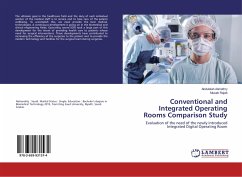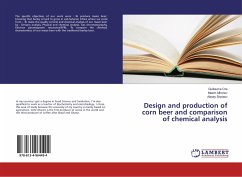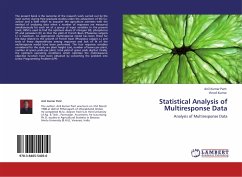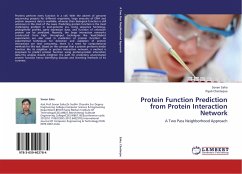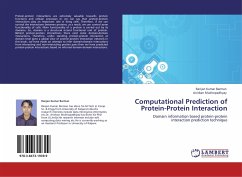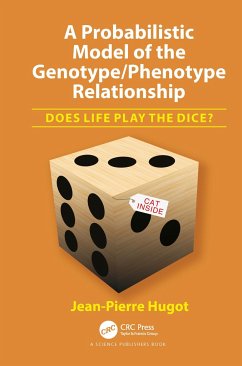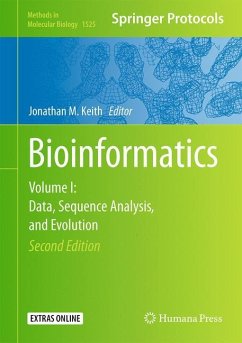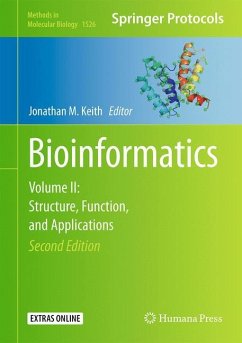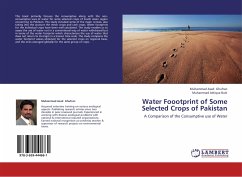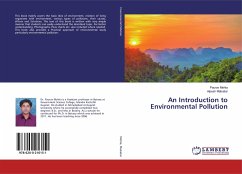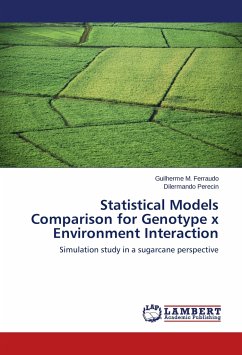
Statistical Models Comparison for Genotype x Environment Interaction
Simulation study in a sugarcane perspective
Versandkostenfrei!
Versandfertig in 6-10 Tagen
22,99 €
inkl. MwSt.

PAYBACK Punkte
11 °P sammeln!
Brazil is the world s leader in sugarcane production, and the largest sugar exporter. Developing new varieties is one of the main factors to increase crop yield, and interpretation of genotype-environment interaction (GEI) in the final selection stage is an important aspect to estimate yield. In order to select the best genotypes, varieties are tested in different environments, and breeders need to estimate the phenotypic performance for principle traits such as tons of cane per hectare. GEI affects the selection of superior genotypes, thus, mathematical or statistical models that consider GEI...
Brazil is the world s leader in sugarcane production, and the largest sugar exporter. Developing new varieties is one of the main factors to increase crop yield, and interpretation of genotype-environment interaction (GEI) in the final selection stage is an important aspect to estimate yield. In order to select the best genotypes, varieties are tested in different environments, and breeders need to estimate the phenotypic performance for principle traits such as tons of cane per hectare. GEI affects the selection of superior genotypes, thus, mathematical or statistical models that consider GEI are necessary and that are able to efficiently identify such genotypes. Geneticists and biometricians have used different methods and there is no clear consensus of the best method to be adopted. In this book, we present a comparison of three methods, namely (i) Eberhart-Russel; (ii) AMMI; (iii) and mixed model (REML/BLUP), in a simulation study performed in the R computing environment to verify the effectiveness of each method in detecting GEI, and assess the particularities of each method from a statistical standpoint. More than 34 million data points were generated and discussed.



